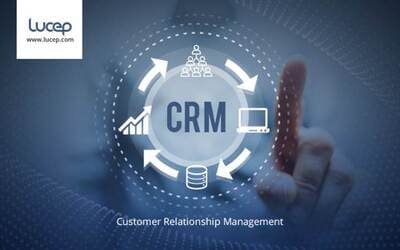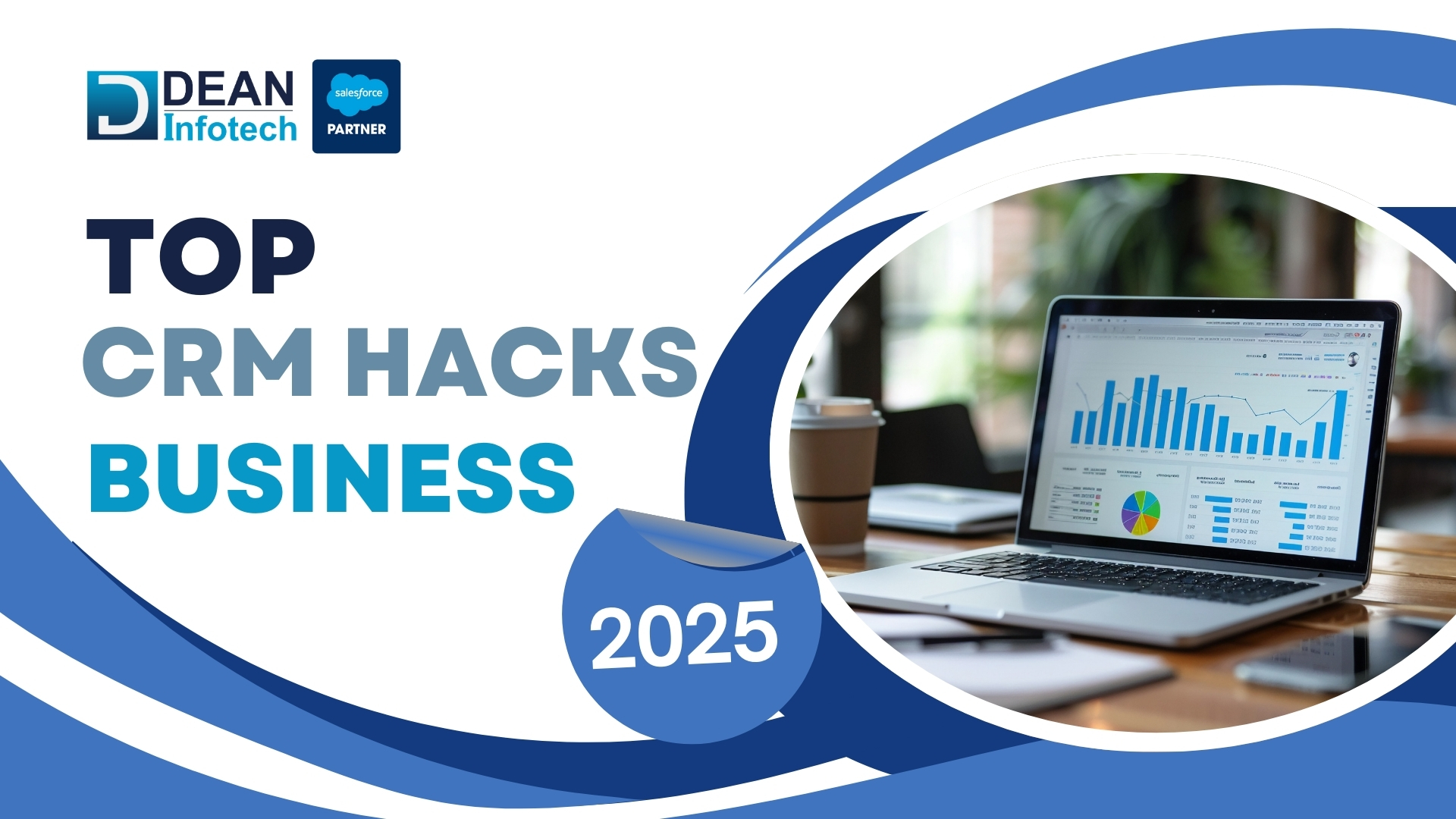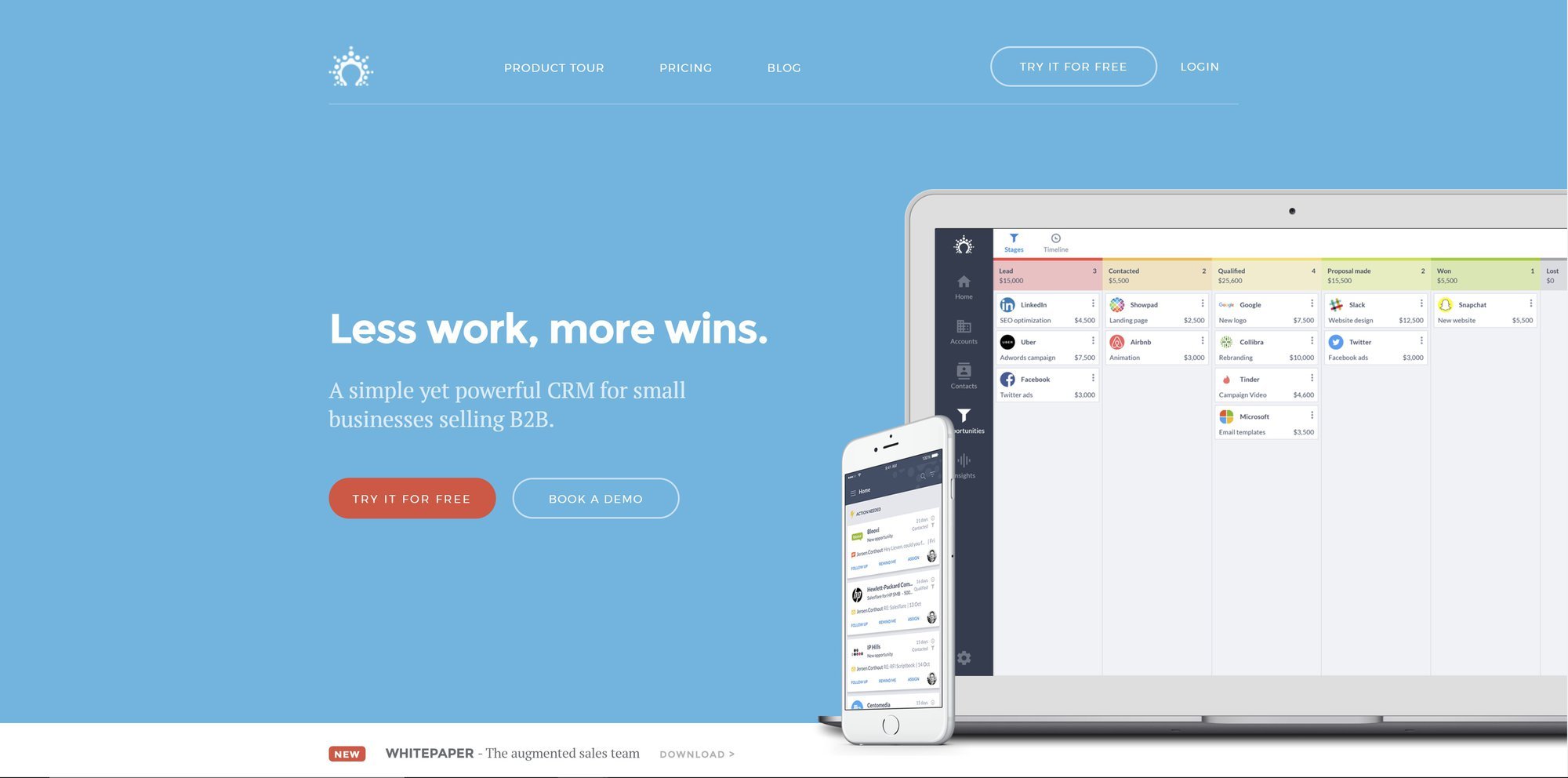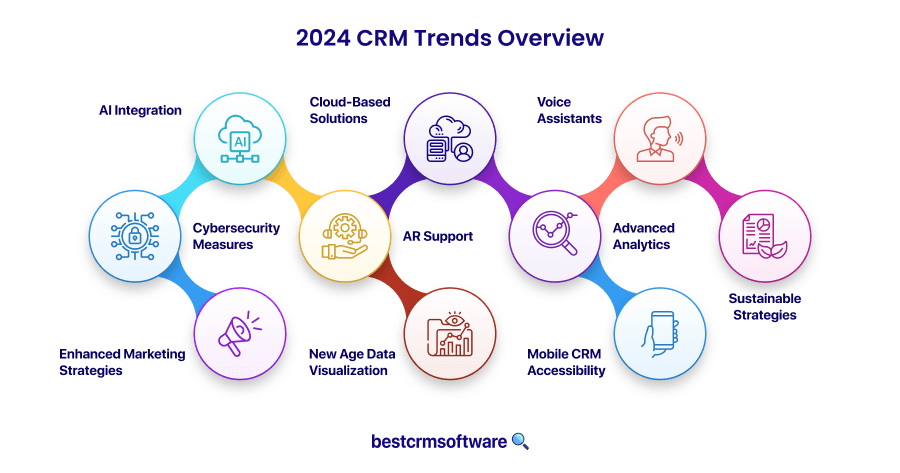Small Business CRM Enhancements: What’s New and Needed in 2025
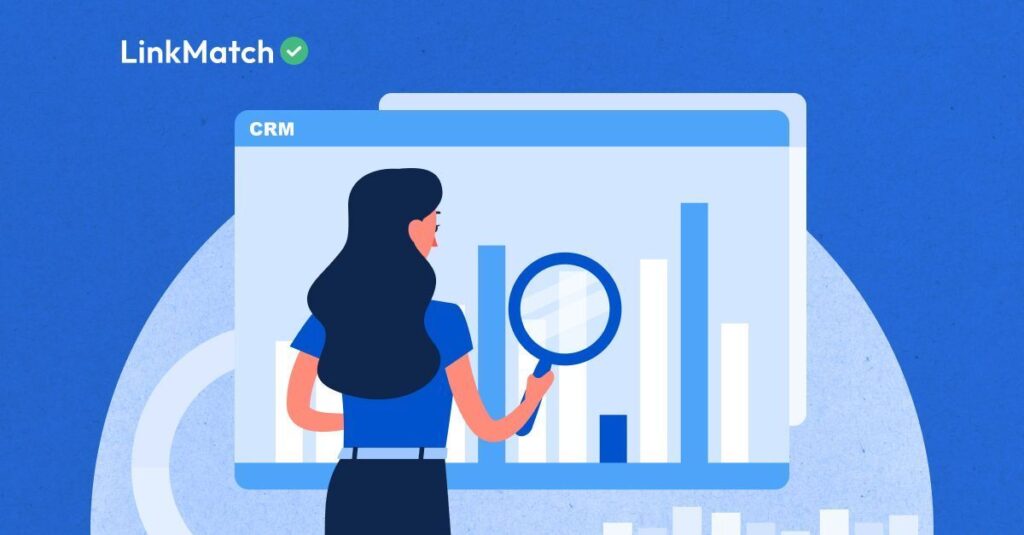
Small Business CRM Enhancements: Navigating the Future in 2025
The world of Customer Relationship Management (CRM) is constantly evolving, and for small businesses, staying ahead of the curve is no longer an option – it’s a necessity. As we approach 2025, the landscape of CRM is set to transform significantly, driven by advancements in artificial intelligence, automation, and a deeper understanding of customer behavior. This article delves into the most crucial CRM enhancements small businesses should be aware of, providing insights into what’s new, what’s needed, and how to leverage these tools to achieve sustainable growth and customer loyalty.
The Shifting Sands of CRM: Why Enhancement Matters
Before we dive into the specifics, let’s address the ‘why.’ Why should small businesses care about CRM enhancements? The answer is multifaceted. In today’s hyper-competitive market, customer experience is king. A robust CRM system is the backbone of a great customer experience. It allows businesses to:
- Personalize Interactions: Understand customer preferences, purchase history, and communication styles to tailor every interaction.
- Improve Efficiency: Automate repetitive tasks, freeing up valuable time for strategic initiatives and customer-facing activities.
- Enhance Sales and Marketing: Gain deeper insights into lead generation, conversion rates, and customer segmentation to optimize campaigns.
- Boost Customer Retention: Proactively address customer needs, provide exceptional support, and foster long-term relationships.
- Gain a Competitive Edge: Differentiate your business by providing superior customer service and a seamless customer journey.
Without embracing these enhancements, small businesses risk falling behind, losing customers to competitors who offer a more personalized and efficient experience. The year 2025 will be a pivotal moment, with the introduction of more advanced AI, greater automation, and an increased focus on data privacy.
Key CRM Enhancements to Watch for in 2025
The future of CRM is bright, with a plethora of new features and improvements on the horizon. Here’s a breakdown of the most impactful enhancements small businesses should be monitoring:
1. AI-Powered Customer Insights and Predictions
Artificial intelligence is no longer a futuristic concept; it’s a present-day reality, and its influence on CRM is profound. In 2025, expect AI to become even more integrated, providing:
- Predictive Analytics: CRM systems will leverage AI to predict customer behavior, such as churn risk, purchase likelihood, and lifetime value. This enables proactive interventions to retain customers and identify high-potential leads.
- Sentiment Analysis: AI will analyze customer communications (emails, chats, social media) to gauge sentiment and identify potential issues. This allows businesses to respond quickly to negative feedback and improve customer satisfaction.
- Personalized Recommendations: AI-powered engines will provide personalized product recommendations, content suggestions, and offers based on customer preferences and past behavior, leading to increased sales and engagement.
- Automated Segmentation: AI will automatically segment customers into distinct groups based on various factors (demographics, behavior, purchase history), allowing for more targeted marketing campaigns.
Practical Application: A small business could use AI to identify customers at risk of churning and offer them a special promotion or personalized support to retain their business. Another example is using AI to analyze customer service interactions and automatically flag recurring issues, which will allow the business to improve its product or service.
2. Enhanced Automation and Workflow Optimization
Automation is a cornerstone of modern CRM. In 2025, automation capabilities will expand, enabling small businesses to streamline processes and free up valuable time. Key areas of automation include:
- Automated Lead Scoring and Qualification: CRM systems will automatically score leads based on their engagement, demographics, and behavior, prioritizing the most promising prospects for sales teams.
- Automated Email Marketing: Intelligent email marketing platforms will personalize email content, send emails at the optimal time, and track engagement metrics to maximize results.
- Automated Task Management: Automation will create and assign tasks automatically, ensuring that nothing falls through the cracks. This can include follow-up calls, appointment scheduling, and other essential activities.
- Chatbot Integration: Advanced chatbots will handle routine inquiries, provide instant support, and route complex issues to human agents, improving customer service efficiency.
Practical Application: A small business could automate the process of onboarding new customers, sending a series of automated emails and providing access to training materials. This can significantly reduce the workload on customer service and improve the overall onboarding experience.
3. Hyper-Personalization and Customer Journey Mapping
In 2025, CRM will move beyond basic personalization to hyper-personalization, tailoring every interaction to the individual customer. This involves:
- 360-Degree Customer View: CRM systems will consolidate all customer data from various sources (website activity, social media, purchase history, support interactions) into a single, unified view.
- Personalized Content and Offers: CRM will deliver highly relevant content, product recommendations, and offers based on individual customer preferences and behavior.
- Customer Journey Mapping: Businesses will use CRM tools to map the entire customer journey, identifying pain points and opportunities to improve the customer experience at every touchpoint.
- Real-time Personalization: CRM systems will personalize interactions in real-time, adapting to customer behavior as it unfolds. For example, a website could display different content based on a visitor’s browsing history.
Practical Application: A small e-commerce business could use customer journey mapping to identify that customers are abandoning their carts at the checkout stage. They could then implement personalized email campaigns offering a discount or free shipping to encourage them to complete their purchase.
4. Enhanced Integration Capabilities
The ability to integrate CRM with other business systems is crucial for data consistency and efficiency. In 2025, integration capabilities will be more seamless and comprehensive:
- Integration with Marketing Automation Platforms: Streamlined data flow between CRM and marketing automation tools will allow for more targeted campaigns and improved lead nurturing.
- Integration with E-commerce Platforms: CRM systems will integrate seamlessly with e-commerce platforms, providing a unified view of customer data, order history, and product preferences.
- Integration with Social Media Platforms: Businesses can leverage social media data directly within their CRM to understand customer sentiment, track brand mentions, and engage with customers on social channels.
- API-First Design: CRM systems will be built with open APIs, allowing for easier integration with custom applications and third-party services.
Practical Application: A small retail business could integrate its CRM with its point-of-sale (POS) system to track customer purchases in real-time and personalize offers based on their purchase history.
5. Strengthening Data Privacy and Security
With increasing concerns about data privacy, CRM systems in 2025 will prioritize security and compliance. Expect to see:
- Enhanced Data Encryption: CRM systems will use advanced encryption methods to protect customer data from unauthorized access.
- GDPR and CCPA Compliance: CRM platforms will be fully compliant with data privacy regulations, such as GDPR and CCPA, ensuring that businesses can collect, store, and use customer data responsibly.
- Role-Based Access Control: Businesses can restrict access to sensitive customer data based on user roles and permissions.
- Data Anonymization and Pseudonymization: CRM systems will offer features to anonymize or pseudonymize customer data, reducing the risk of data breaches and protecting customer privacy.
Practical Application: A small business must ensure its CRM system complies with GDPR by obtaining customer consent before collecting their data and providing them with the right to access, modify, and delete their data.
Choosing the Right CRM for Your Small Business
Selecting the right CRM system can be a daunting task. Here are some key considerations for small businesses:
- Scalability: Choose a CRM that can grow with your business and accommodate an increasing number of users and data.
- Ease of Use: The system should be user-friendly and intuitive, minimizing the need for extensive training.
- Integration Capabilities: Ensure the CRM integrates with your existing business systems, such as your accounting software and email marketing platform.
- Mobile Accessibility: Opt for a CRM with a mobile app or a responsive design, allowing your team to access customer data and manage interactions on the go.
- Cost-Effectiveness: Consider the total cost of ownership, including software licensing, implementation, and ongoing support.
- Vendor Reputation: Research the CRM vendor’s reputation and customer reviews to assess their reliability and support.
- Customization Options: Choose a CRM that offers customization options to tailor the system to your specific business needs.
Implementation Strategies for Small Businesses
Once you’ve selected a CRM system, successful implementation is crucial. Here are some tips:
- Define Your Goals: Clearly define your business goals and how the CRM will help you achieve them.
- Plan Your Implementation: Develop a detailed implementation plan, including timelines, budgets, and resource allocation.
- Clean Your Data: Ensure your existing customer data is accurate and up-to-date before importing it into the CRM.
- Train Your Team: Provide comprehensive training to your team on how to use the CRM effectively.
- Monitor and Evaluate: Regularly monitor your CRM usage and track key performance indicators (KPIs) to measure your success.
- Seek Expert Advice: Consider working with a CRM consultant or implementation partner to ensure a smooth and successful deployment.
The Future is Now: Embracing CRM Enhancements in 2025
The CRM landscape in 2025 will be characterized by greater personalization, automation, and data-driven decision-making. Small businesses that embrace these enhancements will be well-positioned to thrive in a competitive market. By leveraging AI, optimizing workflows, and prioritizing customer experience, small businesses can build stronger customer relationships, increase sales, and achieve sustainable growth. The future of CRM is not just about technology; it’s about building meaningful connections with your customers and providing them with the exceptional experiences they deserve. Don’t wait until 2025; start exploring these enhancements today to prepare your business for success.
Conclusion
In conclusion, the CRM landscape is poised for significant transformation in 2025. Small businesses that understand and adapt to these changes will gain a significant competitive advantage. By focusing on AI-powered insights, automation, personalization, integration, and data privacy, small businesses can build a robust CRM system that drives growth and fosters lasting customer relationships. The journey towards effective CRM is ongoing, but by embracing the latest enhancements and staying informed, small businesses can confidently navigate the future and achieve remarkable success. The time to prepare is now; the future of your business depends on it.

